Summer school
Summer School in Neuroscience
NRSN offers an annual summer school that provides PhD students with theoretical and practical research training in current forefront areas of neuroscience. The summer school is organized each year by a different research institution in Norway, drawing on local expertise combined with contributions from international faculty. The summer school is intended for PhD students in neuroscience, and priority will be given to members of NRSN. Other participants may be accepted if there are still places available.
2024 summer school
2023 summer school
AI in Neuroscience
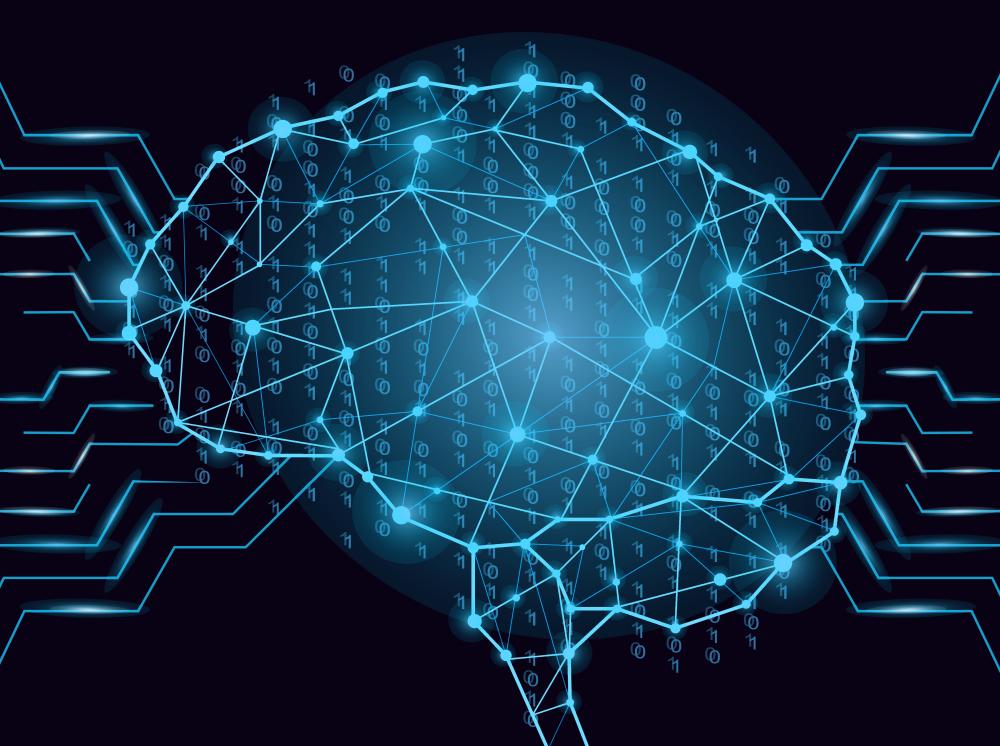
Dates: 21st - 24th of August 2023
Place: Sirdal Høyfjellshotell, outside Stavanger
Organizers: Mahdieh Khanmohammadi, Trygve Eftestøl, Ulrich Dettweiler, and Kolbjørn Brønnick
Applications closed.
Deadline for applications: 30th of June
The summer school is intended for PhD students, but others (e.g., master's students and post docs) are also welcome to apply.
Up to 2000 NOK travel support will be provided for NRSN members. Accomodation and course fees will be fully covered.
The AI in Neuroscience Summer School is a four-day intensive program that seeks to bring together leading experts in the field of Cognitive Neuroscience and Artificial Intelligence (AI) to explore the current and emerging advances and applications of AI within neuroscience research. The program will provide an opportunity for participants to gain in-depth knowledge and hands-on experience in the use of AI within neuroscience. It is intended for those with some knowledge of either AI or neuroscience (or both) who want to gain a deeper understanding of the field, as well as those who are new to AI and wish to explore its potential applications in neuroscience.
The summer school aims to provide an enriching experience for early career researchers by offering an opportunity to network with peers and senior researchers while engaging in stimulating discussions on current research topics. With the support of distinguished academics from various fields, participants will gain a deeper understanding of their research area and develop valuable skills for their future careers. The format of the summer school will include lectures, tutorials, hands-on workshops, and hackathons.
In addition to the academic program, the summer school will incorporate various social activities such as hiking and exploring the breathtaking scenery of the surrounding mountains. This will provide participants with the chance to relax and recharge, while also fostering a sense of community and collaboration among participants.
Objectives
- The main objectiveof this summer school is to provide participants with an understanding of the potential applications of AI within neuroscience, as well as the challenges and opportunities associated with the implementation of AI in neuroscience research.
- It will providean opportunity for students and professionals to learn how to apply AI algorithms in neuroscience research and to gain experience in the development of AI-based solutions for diagnosis and treatment of neurological disorders.
The plan
- The first 3 days participants will be accommodated at Sirdal Høyfjellshotell.
- The first day is check in and registration, then there will be 2 full days of lectures/scientific talks and tutorials by experts invited from Norway and outside Norway at Sirdal.
- Last day will be held at the university of Stavanger to visit the cognitive lab at UiS.
- Social activity: Høytlavt climbing facility.
- Transport from Stavanger airport to Sirdal and from Sirdal to UiS is provided by bus on Monday afternoon and on Thursday early morning.

Detailed programme can be found here.
Proposed speakers and other contributors
Some speakers will join in person and some remotely. Here you can read more details about the speakers and their contributions.
The summer school will feature lectures and tutorials by experts in neuroscience, AI, and
machine learning, including:
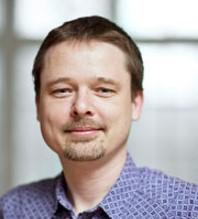
Jon Sporring; AI/ Machine Learning; Professor, Dept. of Computer Science, Copenhagen University; “Stochastic geometry in Bioimaging”.
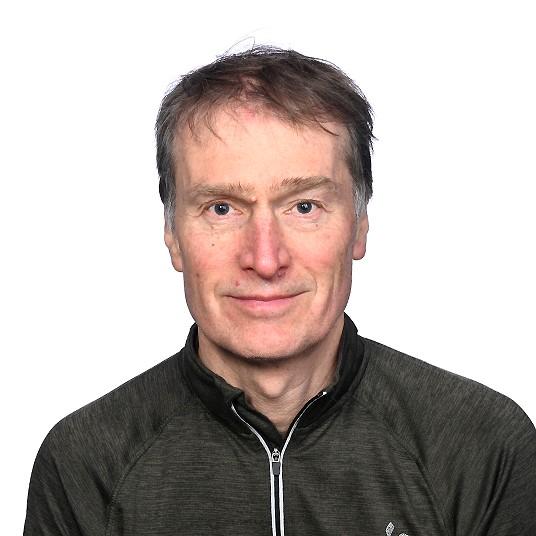
Jens Nyengaard; Neuroscientist, Professor, Dept. of Clinical Medicine, Aarhus University, Denmark; “Characterizationof Pyramidal Cells in Layer III of Brodmann Area 46 in Schizophrenia and Depression”.
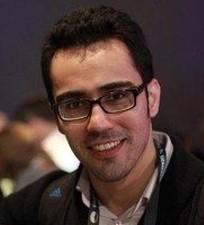
Armin Iraji; Assistant Professor, Dept. of Computer Science, Georgia, Georgia State University, United States; Talk and Tutorial on “Dynamic functional connectivity”.
Internal speakers and contributors:
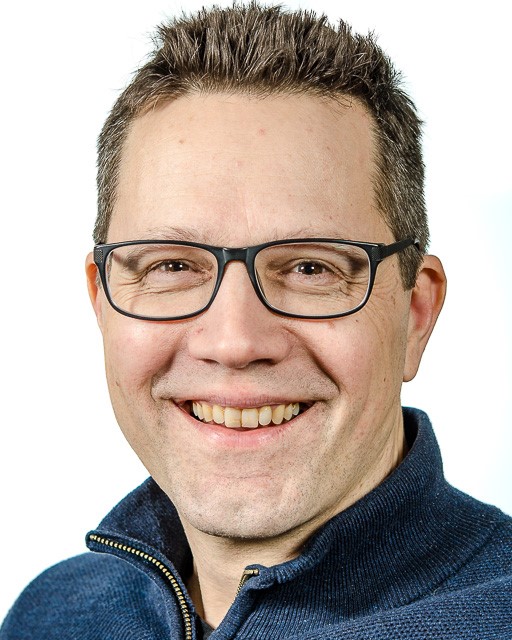
Tom Ryen; Head of Department, Department of Electrical Engineering and Computer Science, UiS
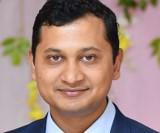
Antorweep Chakravorty; Associate professor, SAIL, Stavanger AI Lab; Tentative title of the talk: “Micro-gesture recognition and AI”.
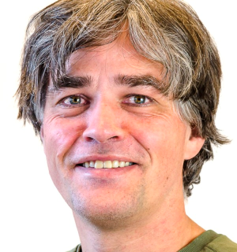
Trygve Eftestøl; Professor, Dept. of electrical engineering and computer science, Biomedical Data Analysis laboratory and Cognitive laboratory; Hands on workshop on feature extraction from biomedical signals.
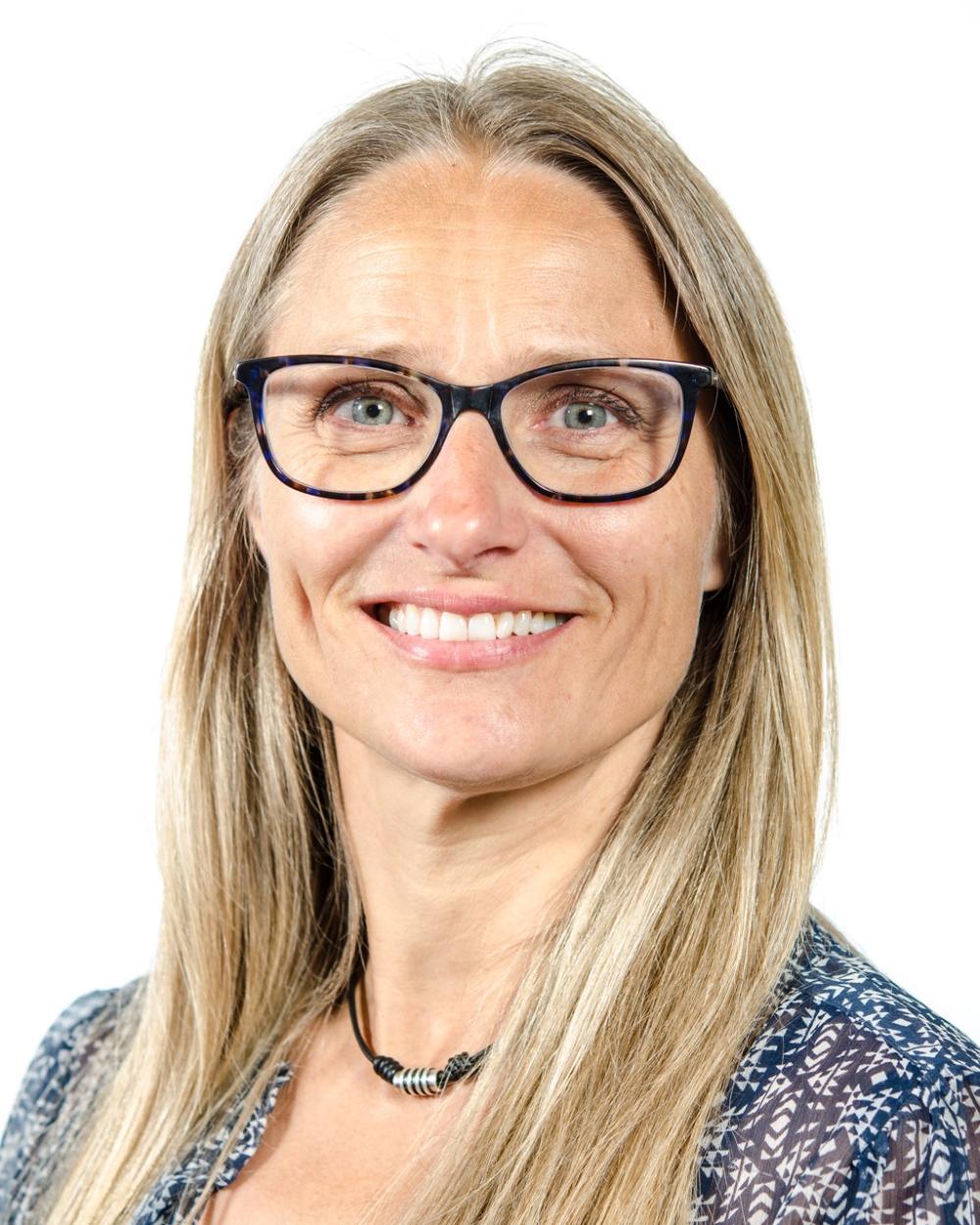
Kjersti Engan; Professor, Dept. of electrical engineering and computer science, Biomedical Data Analysis laboratory; Tentative title of the talk: “AI in Medicine - from digital pathology to newborn survival”.
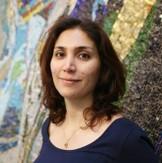
Mahdieh Khanmohammadi; Associate professor, Dept. of electrical engineering and computer science, Biomedical Data Analysis laboratory; “Apllying AI based techniques in different settings related to Neuroscience”.
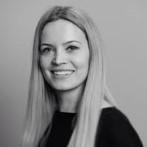
Aleksandra Sevic; PhD fellow, Faculty of Health Sciences, Facilitator at cognitive laboratory; "From Signals to Insights: Integrating Physiological Signals for Neuroscience Research".
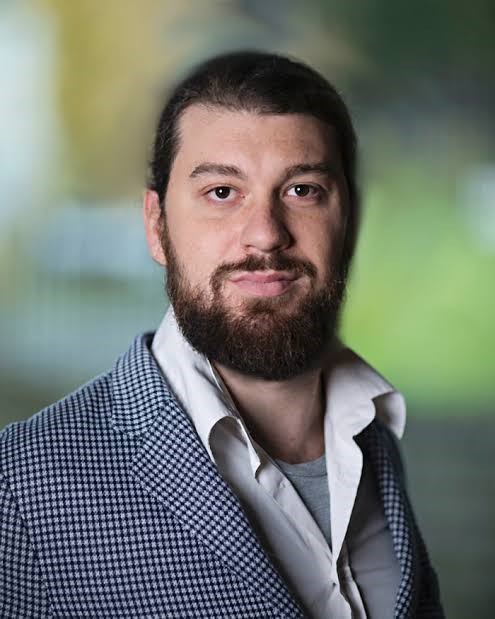
Simone Grassini; Associate professor, Faculty of Social Sciences; "From Signals to Insights: Integrating Physiological Signals for Neuroscience Research" (joint session with Aleksandra Sevic)
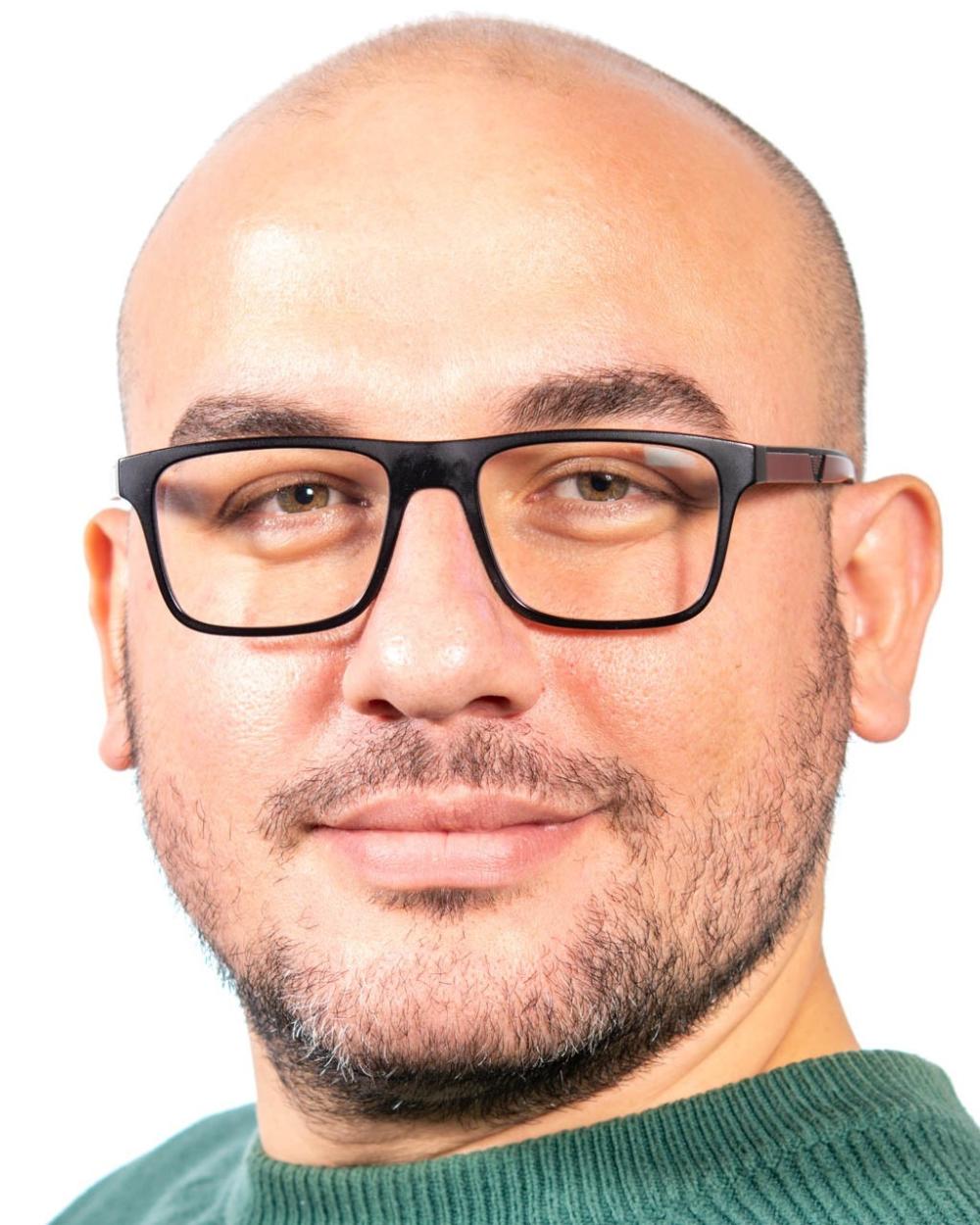
Florenc Demrozi; Associate professor, Dept. of electrical engineering and computer science, Biomedical Data Analysis laboratory; “The Synergy of Artificial Intelligence of Things (AIoT) and Sensor Technology in Human Activity Recognition (HAR) for Personalized Healthcare”.
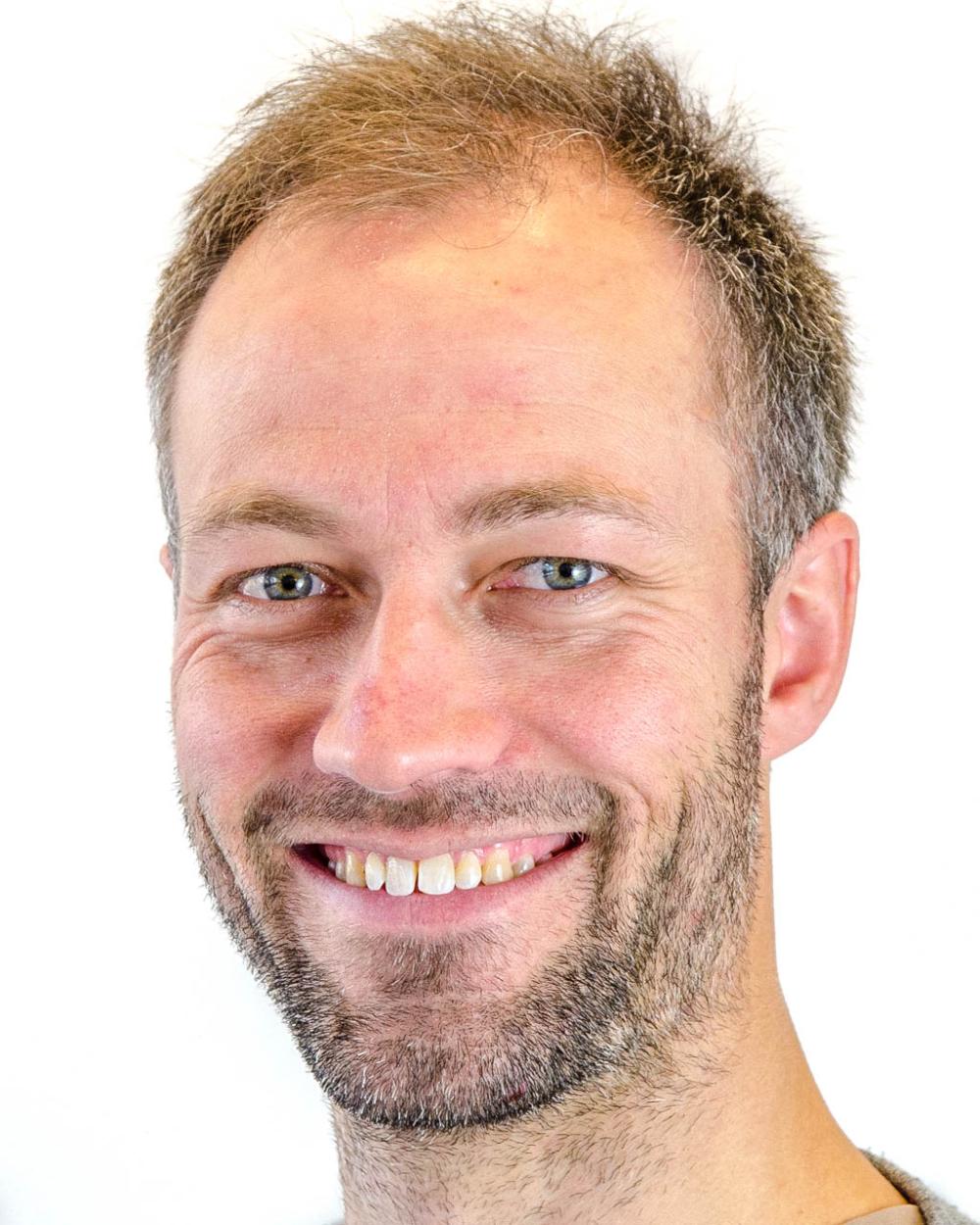
Ketil Oppedal; Associate professor, Dept. of electrical engineering and computer science, Biomedical Data Analysis laboratory; “Introduction to and applications of generative deep learning methods in medical imaging".
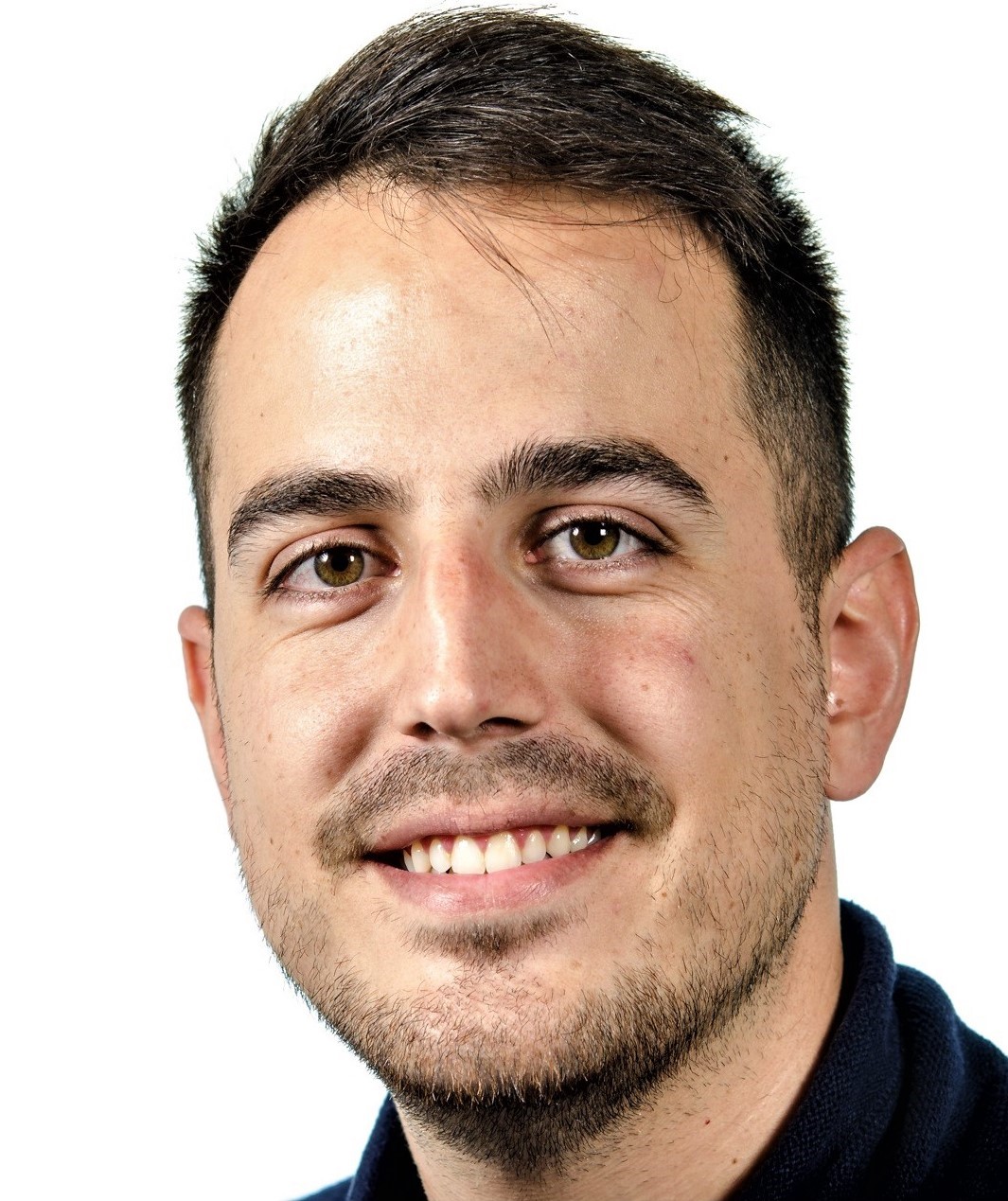
Jorge García-Torres Fernández; PhD fellow, Dept. of electrical engineering and computer science; Summer school facilitator.
Previous summer schools
Click here to a see a list of previous summer schools organized by NRSN.
